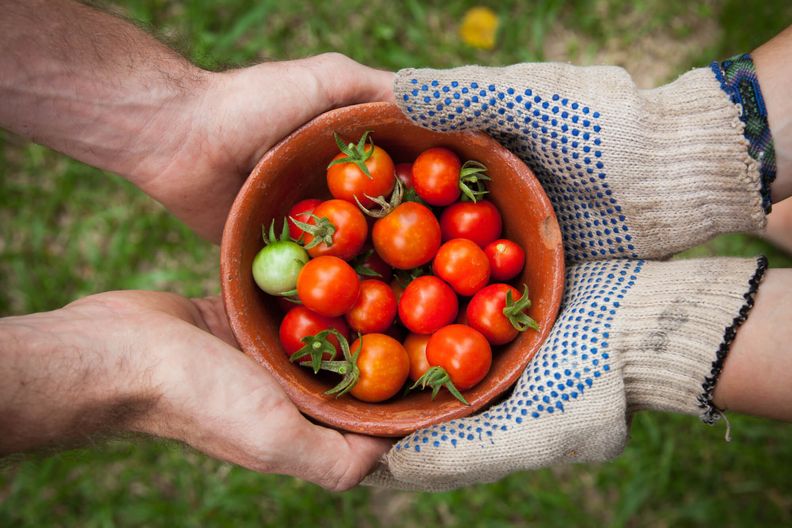IPCC Report findings and why fighting food waste is the most impactful way we can combat climate change.
Food Waste & The IPCC Climate Report
IPCC Report findings and why fighting food waste is the most impactful way we can combat climate change.
Food Waste & The IPCC Climate Report

There is a lot to unpack in the latest IPCC climate report, and we know that all of this new information - in addition to witnessing this summer’s unprecedented extreme weather events - can feel pretty overwhelming.
We’re here to help break down some of the key takeaways and explain the science behind how fighting food waste can contribute to positive change.
What is the IPCC Report?
Updated every six-seven years to reflect new evidence on climate change, the report pulls together the findings from more than 14,000 peer-reviewed studies on climate science. For the first time, the latest report (released this month) included a chapter dedicated to weather extremes as well as a statement that human activities are causing climate change.
Below are a few topics that the report touched on, and why they matter.
Extreme Weather Events
Human-caused greenhouse gas emissions have led to extreme weather events, which are linked to rising temperatures. We’ve seen this from the recent heavy flooding across Europe, China, Nigeria, and South Sudan - to the wildfires on the West Coast, Greece, Turkey, and Canada - which just had a record heatwave.
With our planet heating up, more warm air is trapped in our atmosphere causing the moisture level to increase and rainfall to become more extreme - leading to catastrophic flooding. Around the world we are also seeing warmer and drier conditions making forests more susceptible to wildfires - wildfire seasons getting longer and more severe.
The Impact on Our Planet
We’re seeing “widespread and rapid” changes in the oceans, ice and land surfaces of every inhabited region on earth. Though there is still time for us to create change, we are getting closer to crossing more of Earth’s tipping points.
What's a tipping point? Check out our YouTube video on the planet's boundaries to learn more:
All About Methane
Methane is a greenhouse gas that’s up to 30 times more potent than CO2. As a Waste Warrior, you may know that when food gets sent to the landfill, this dangerous gas is emitted as the food waste rots.
Emissions of methane have made a huge contribution to the current warming of our planet (30-50% of the current rise in temperatures). Experts believe that if methane emissions were cut by 40-45% over the next decade, we could reduce the increase in global temperatures by 0.3C by the year 2040.
Fighting Food Waste Matters!
The good news is that being in the fight against food waste means we’re in the fight against climate change as well. Reducing food waste is a key solution to cutting down on methane, which is responsible for so much of the findings in this latest report.
By reducing food waste, we actively ensure that food does not end up in landfills, and that it wasn't produced in vain. Wasting food means wasting resources, and also all the emissions that it took to produce it in the first place.
Each and every one of us can make a difference in the fight against food waste, and therefore the fight against climate change.



